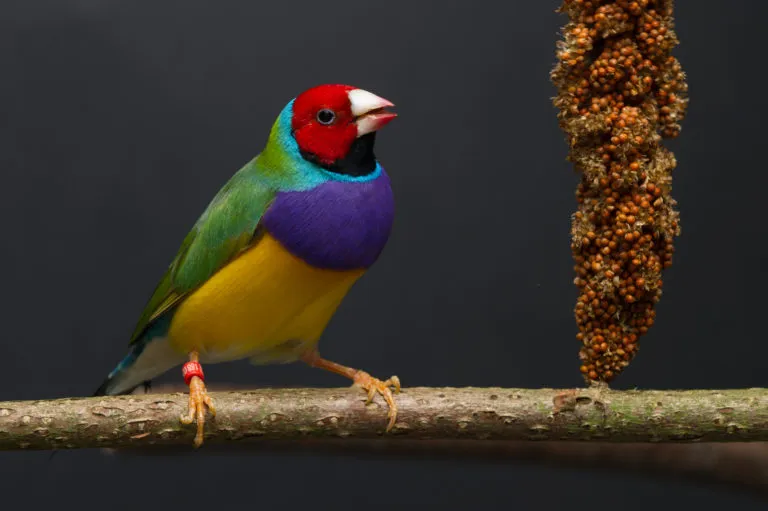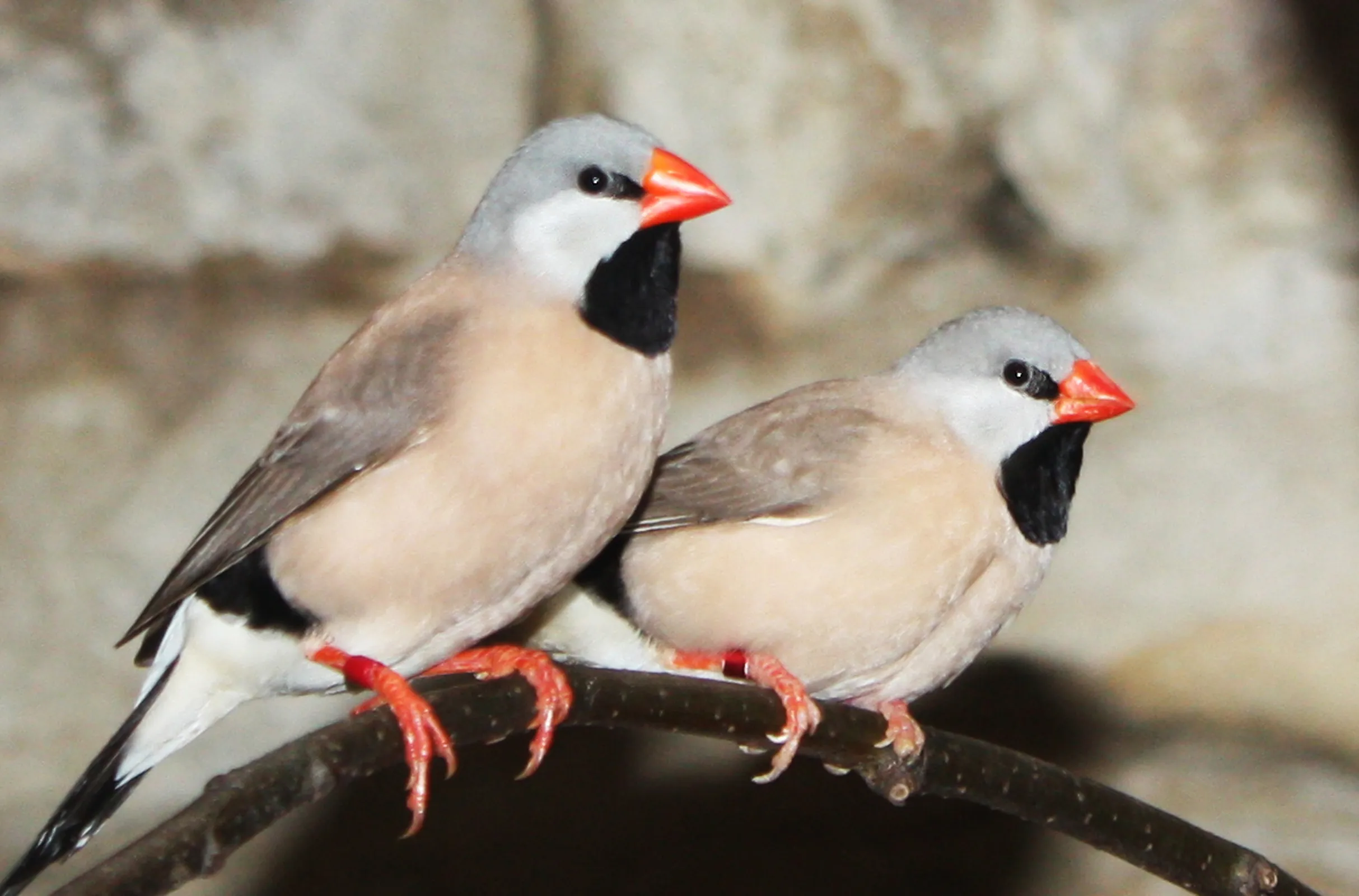Diamond Dove
Easily recognisable by their white-speckled wings and the orange ring around their eyes, the diamond dove is a noteworthy exotic petite pigeon hailing from Australia. Nowadays, bird enthusiasts and hobby breeders around the world delight over these sociable birds.

